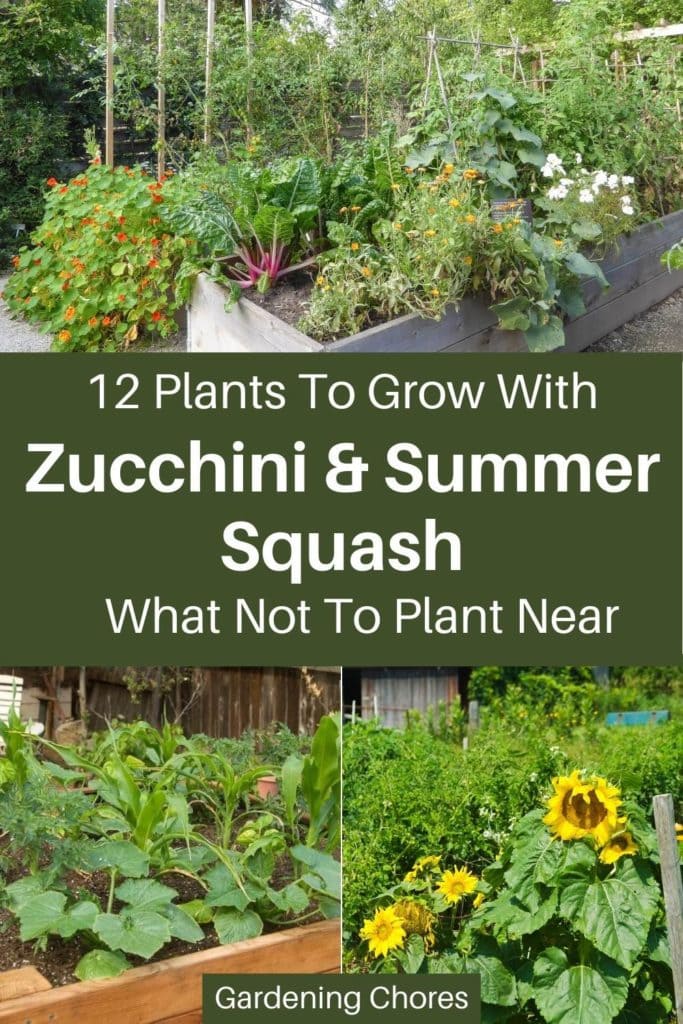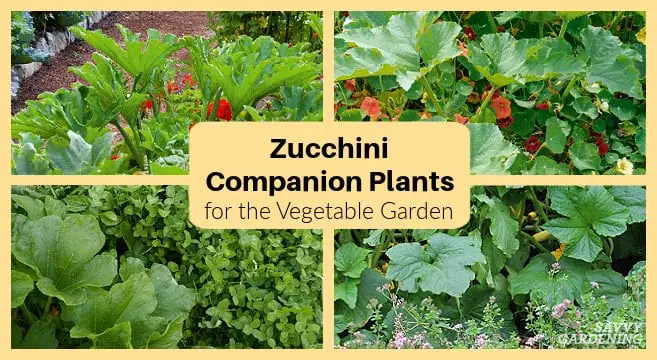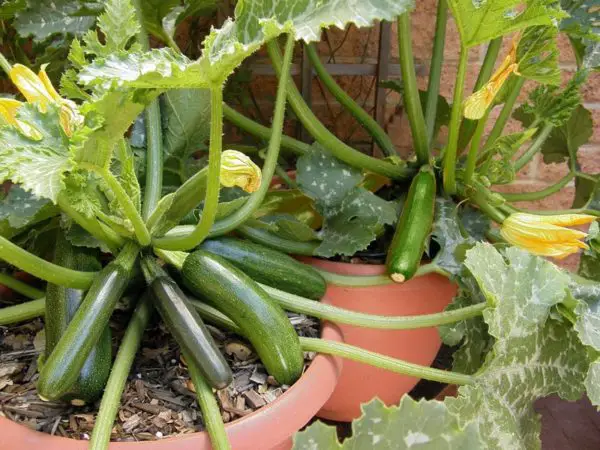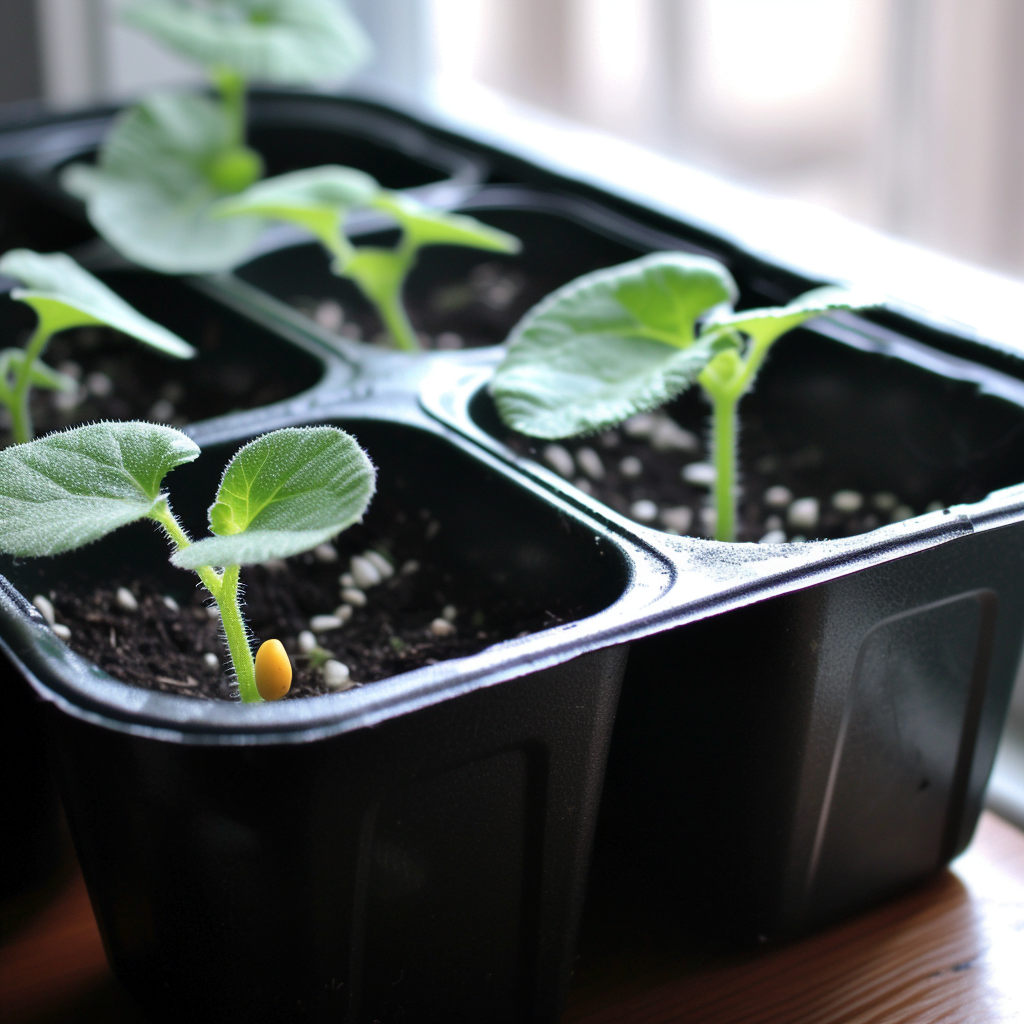If you’re looking to optimize your zucchini garden, finding the right companion plants can make all the difference. By strategically pairing your zucchini with compatible plants, not only can you enhance its growth and flavor, but you can also deter pests and increase overall yields. Discovering which plants thrive in the presence of zucchini is like uncovering the secret to a flourishing garden. So, let’s delve into the world of companion plants and unlock the incredible benefits they can provide for your zucchini crop.
Companion Plants for Zucchini
Why Companion Planting?
Companion planting is a gardening technique that involves growing different plants together in a way that benefits each other. It can help promote healthier plants, improve pollination, deter pests, and maximize space utilization. When it comes to zucchini, there are several companion plants that can enhance its growth and overall health. By strategically choosing companion plants for your zucchini, you can create a harmonious and thriving garden.
Beneficial Herbs for Zucchini
Growing herbs alongside your zucchini can offer numerous benefits. One such herb is basil, which not only complements the flavor of zucchini in the kitchen but also repels pests like flies and mosquitoes. Other herbs like dill, oregano, and thyme also have insect-repelling properties and can attract beneficial insects such as bees and ladybugs, which aid in pollination and pest control. Additionally, these herbs can provide shade and reduce weed growth, helping to conserve moisture in the soil.
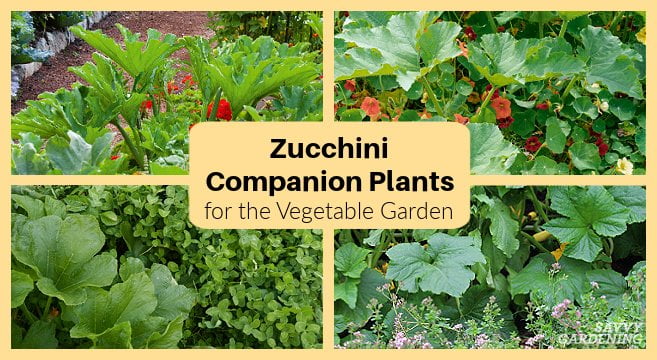
Attractive Flowers for Zucchini
Interspersing beautiful flowers among your zucchini plants not only adds aesthetic appeal to your garden but can also attract pollinators. Bees, butterflies, and other beneficial insects are essential for pollinating zucchini flowers, which ultimately results in a higher fruit yield. Some attractive flowers to consider planting alongside your zucchini include marigolds, nasturtiums, and sunflowers. Marigolds repel nematodes, while nasturtiums can deter aphids and whiteflies. Sunflowers, with their towering stalks, can provide shade and support for zucchini plants.
Repellent Plants for Zucchini
Certain plants possess natural properties that repel pests, making them excellent companions for zucchini. One such plant is the strong-scented garlic. Planting garlic near your zucchini can help deter aphids, Japanese beetles, and squash bugs. Another repellent plant is the onion, which helps repel pests like aphids, carrot flies, and slugs. Additionally, planting catnip near your zucchini can discourage flea beetles. These repellent plants not only protect your zucchini but can also be harvested and used in your kitchen.
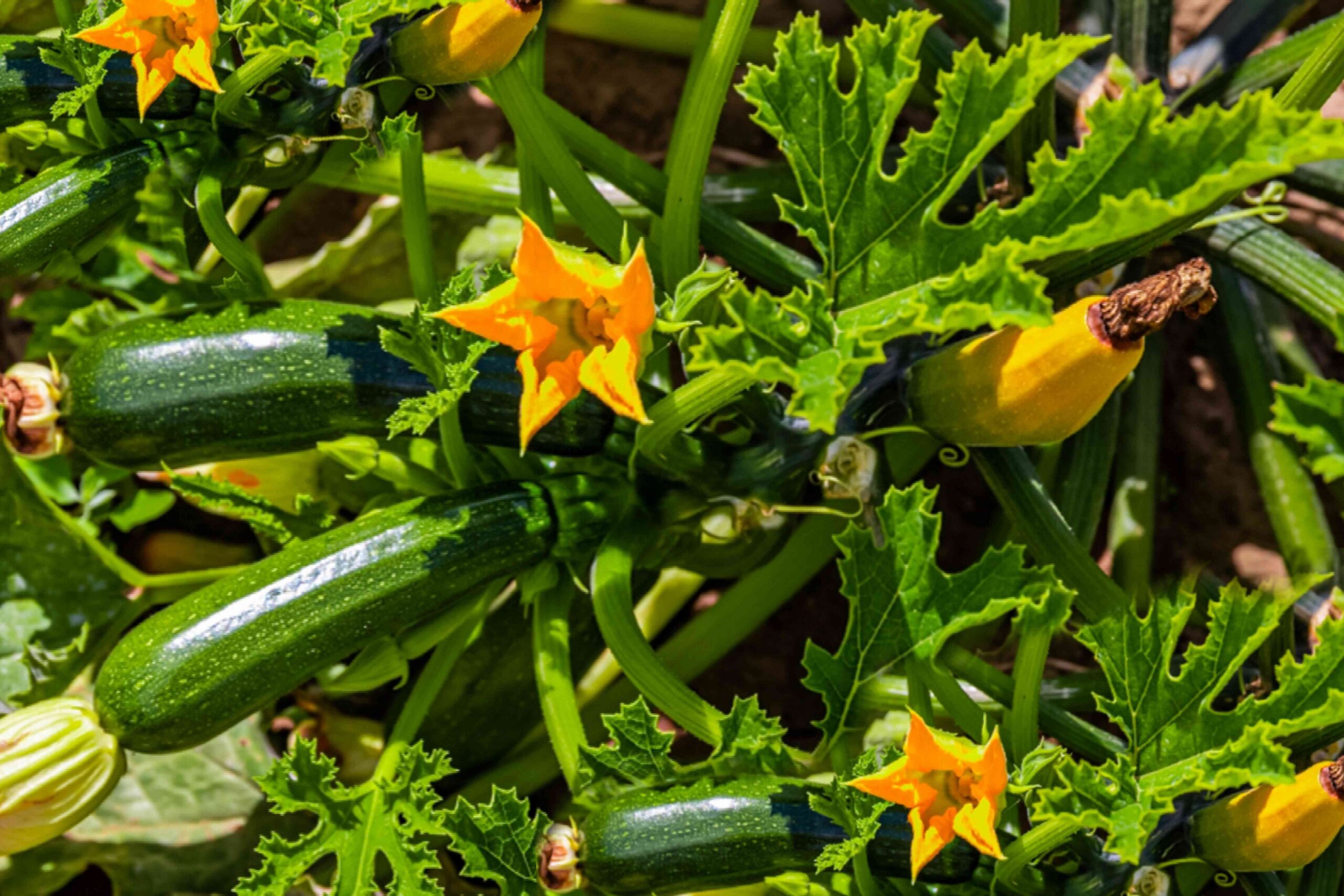
Companion Vegetables for Zucchini
Pairing zucchini with compatible vegetables can be mutually beneficial for both plants. One excellent companion vegetable is the cucumber. Both zucchini and cucumber belong to the same plant family (Cucurbitaceae) and have similar growth habits. By planting them together, you can utilize available space efficiently and enjoy a bountiful harvest of both vegetables. Other compatible vegetables for zucchini include beans, corn, peas, and radishes. These vegetables can provide shade, support, and beneficial interactions that can enhance the growth and yield of your zucchini plants.
Intercropping Options for Zucchini
Intercropping refers to growing different crops in close proximity to maximize space and resources. In the case of zucchini, intercropping can be a great way to make the most of your garden area. One popular intercropping option for zucchini is planting it alongside lettuce. The fast-growing lettuce helps provide shade for the zucchini plants, conserving moisture and regulating soil temperature. Similarly, intercropping zucchini with spinach, kale, or Swiss chard can have similar benefits. The leafy greens act as living mulch, preventing weed growth and improving soil quality.
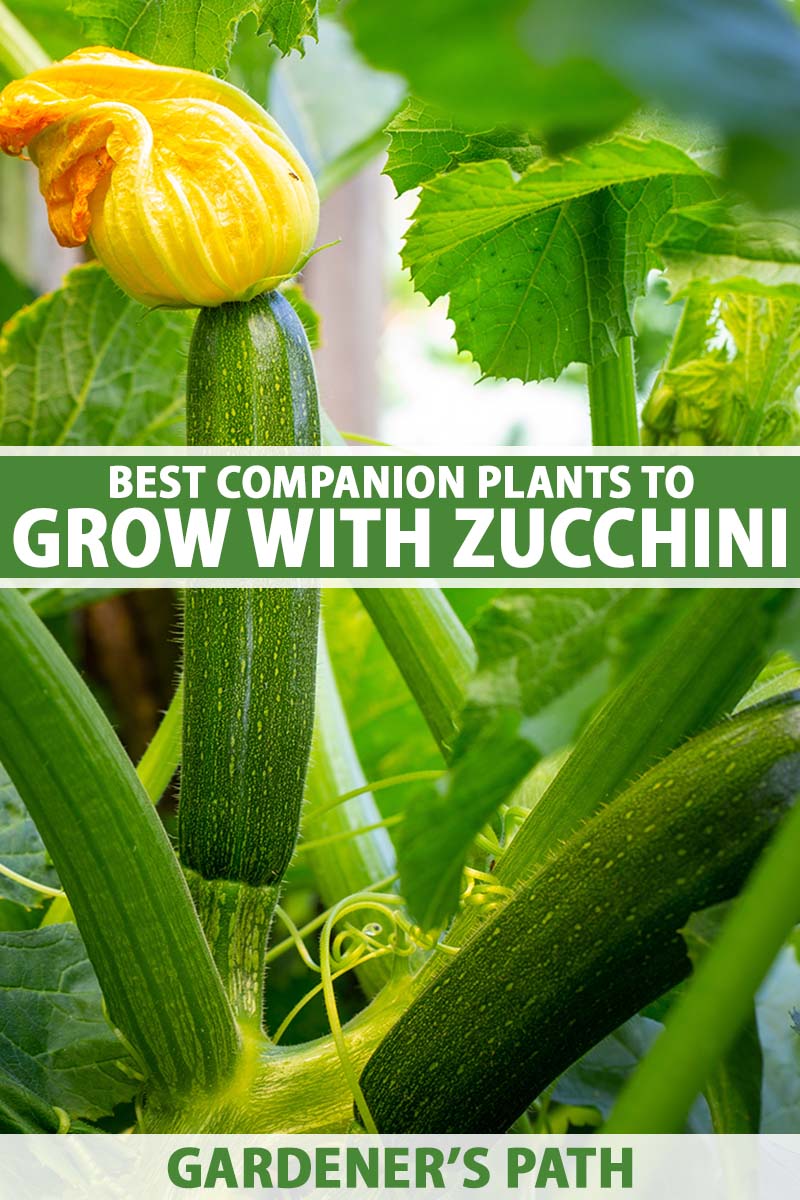
Cover Crops for Zucchini
Cover crops are plants grown primarily to protect and improve the soil. When it comes to zucchini, cover crops can help prevent soil erosion, increase soil fertility, and suppress weeds. Legumes like clover and vetch are excellent cover crops for zucchini as they fix nitrogen in the soil, enhancing fertility. Other cover crops such as buckwheat and rye can smother weeds and provide organic matter when tilled into the soil. Consider planting cover crops during the off-season or in areas where zucchini is not growing to enhance the overall health and productivity of your garden.
Complementary Plants for Zucchini
Complementary plants are those that have beneficial effects on the growth and yield of zucchini, albeit without directly repelling pests or attracting beneficial insects. One such plant is the potato. Planting potatoes near your zucchini can help deter squash bugs and provide partial shade. Similarly, planting zucchini with sweet potatoes can help reduce pest pressure and utilize vertical growing space efficiently. Both zucchini and sweet potatoes have sprawling growth habits and can coexist seamlessly, benefiting from each other’s presence.
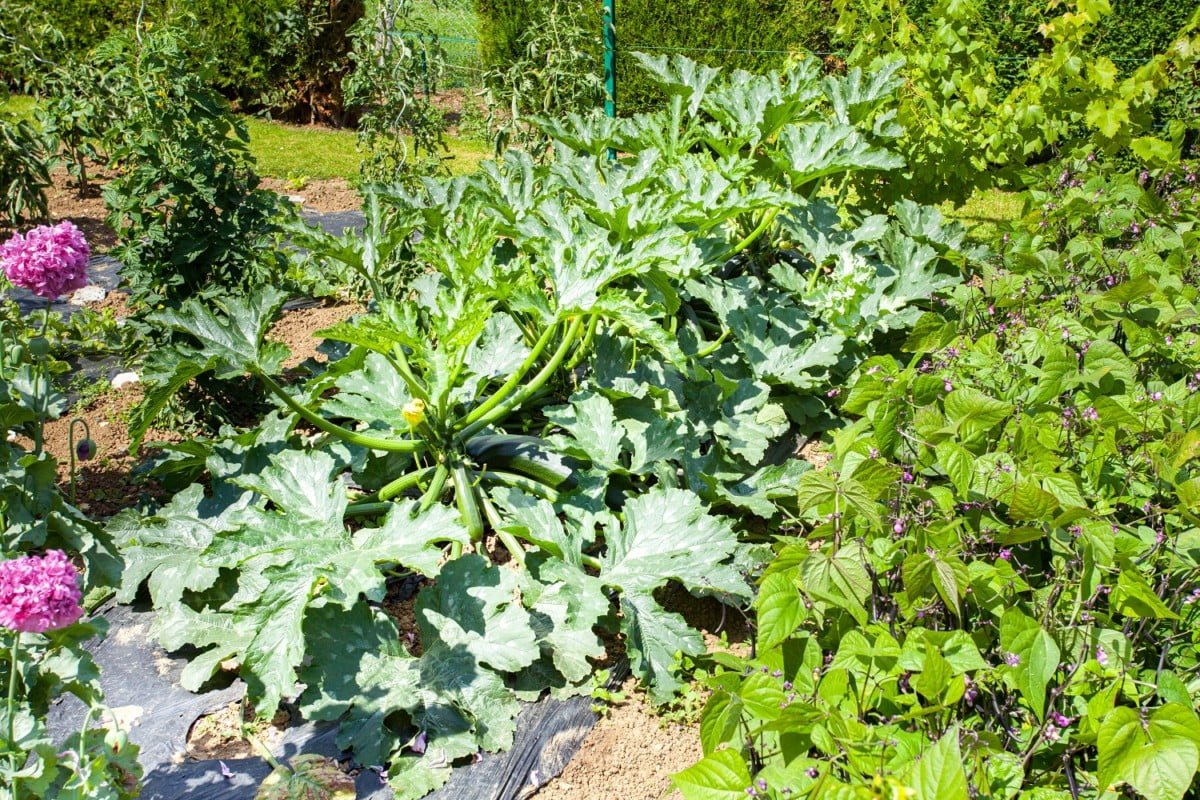
Plant Families to Avoid with Zucchini
While companion planting can be advantageous, it is essential to consider certain plants that may hinder the growth and health of zucchini. Zucchini belongs to the Cucurbitaceae family, so it is advisable to avoid planting it near other members of the same family, such as melons, cucumbers, and pumpkins. These plants are susceptible to similar pests and diseases, and overcrowding within the family can increase the risk of infection and reduce overall productivity. It’s best to maintain a distance between zucchini and its family members to prevent cross-contamination.
Additional Considerations and Tips
When implementing companion planting for zucchini, there are a few additional considerations to keep in mind. Firstly, ensure proper spacing between plants to allow adequate airflow and reduce the risk of diseases. Some plants, like marigolds and oregano, may release allelopathic compounds that inhibit the growth of certain crops, so it’s important to avoid planting them too close to zucchini. Regular monitoring and pest control measures are still necessary, even with companion planting, to maintain a healthy garden.
In conclusion, companion planting offers numerous benefits for zucchini, ranging from pest control to improved pollination. By selecting beneficial herbs, attractive flowers, repellent plants, companion vegetables, intercropping options, and cover crops, you can create a thriving garden ecosystem that enhances the growth and productivity of your zucchini plants. However, it’s crucial to be mindful of plant families to avoid and maintain proper spacing to ensure the best results. With careful planning and implementation, your zucchini plants will flourish alongside their companion plants, creating a beautiful and bountiful garden.
